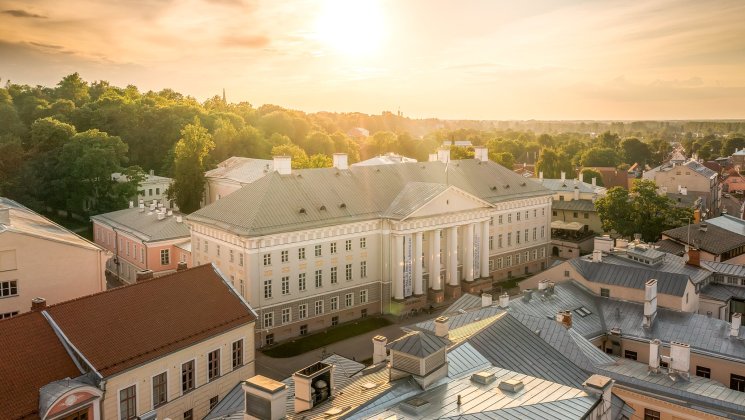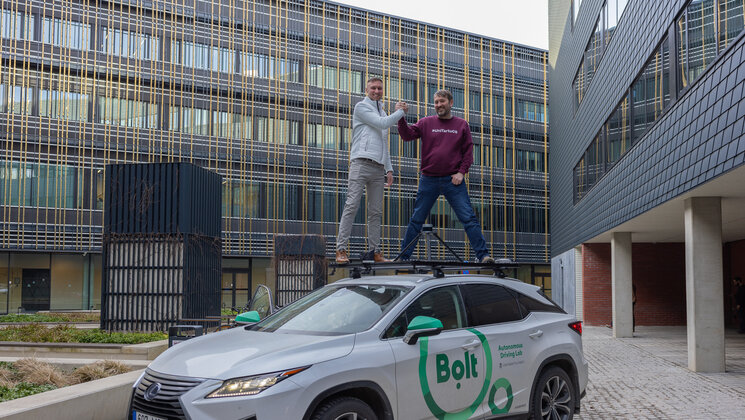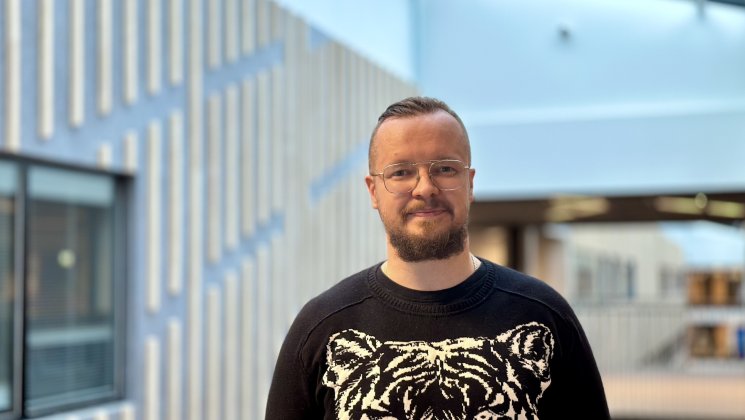On 9 February, the council of the Institute of Bioengineering elected Professor of Molecular Systems Biology Mart Loog as Director of the institute.
Mart Loog considers it important that the institute’s staff have courage, ambition, and belief that science will solve all the global challenges we face. “The goal of the new institute is to give all possible support to researchers who are driven by curiosity and passionate about their own scientific ideas. We need to recruit more such scientists, allow them to take risks and protect their freedom of thought because free-thinking, curiosity-driven research is the basis of humanity’s all great innovative breakthroughs,” said Loog.
Mart Loog defended his master’s thesis in bioorganic chemistry cum laude at the University of Tartu and earned his PhD in medicinal biochemistry from Uppsala University. He then completed a postdoctoral fellowship at the University of California, San Francisco. In 2006, he started developing a laboratory at the Institute of Technology in Tartu with the support of the Wellcome Trust (UK), the Howard Hughes Institute of Medicine (USA) and the European Molecular Biology Organization. In 2011, he was awarded the Estonian national research award in chemistry and molecular biology for his works “Cell cycle regulating phosphorylation switches”. The research team’s next development project was “Phosphoprocessors”, for which they received the ERC Consolidator Grant.
When synthetic biology and bioengineering started to develop rapidly about a decade ago, the team decided to establish the Estonian Centre for Synthetic Biology in 2016. In a tough competition, they won funding for that several times from the Horizon 2020 widening participation sub-programme. This helped attract the young and talented researchers Kaspar Valgepea and Petri-Jaan Lahtvee to return to Estonia and set up laboratories here. With their help, the centre introduced research on gas fermentation and yeast cell factories. More interested people joined, and soon, there was a serious group of laboratories with a common interest in synthetic biology. In addition, the Core Facility for Wood Chemistry and Bioprocessing was set up, competence in the fermentation of wood sugars was developed, and the lignin chemistry line was developed in collaboration with Associate Professor Siim Salmar. With Associate Professor Ilona Faustova, international curricula combining biology and engineering were established. Now, these have been completed by students from more than 40 countries.
In January 2024, the team reached the goal of establishing the Institute of Bioengineering. Funding for that was requested from the Teaming for Excellence funding action under Horizon Europe, the European Commission’s framework programme for research and innovation. Out of the 114 projects that participated in the call, 12 were selected, each receiving €30 million in funding to create an independent research centre. The project DigiBio, or the “Centre for digitalisation of biology towards the next-generation of biosustainable products”, came fifth in close competition.
Other groups interested in synthetic biology have now joined the DigiBio project and the new institute. The laboratory led by Professor Hannes Kollist is starting to work on the bioengineering of plants and, more narrowly, trees. Professor Andres Merits plans to develop bioengineering in the field of virology.




